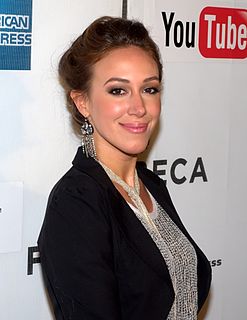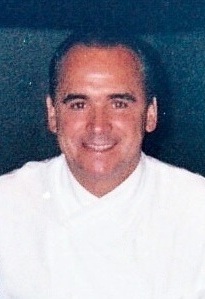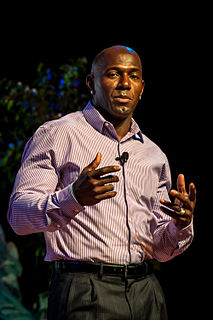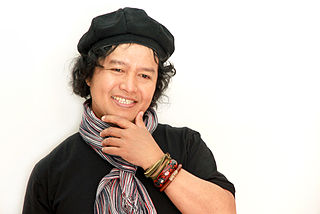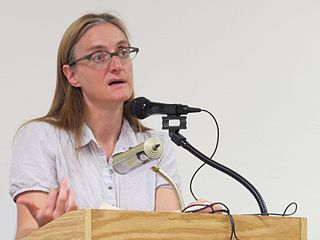A Quote by Lidia Bastianich
My grandmother had a courtyard of animals, like goats and chickens. She made ricotta cheese, cooked with potatoes warm from the garden, grew everything from beans to wheat. It was simple, seasonal food, and we all ate what was produced 10 miles from where we lived. It was that way for centuries.
Related Quotes
What I continuously remember is when I was a child in the courtyard with my grandmother and we milked the goat and we made the ricotta. The still-warm ricotta from our goat, on top of a piece of bread, and we used to sprinkle just a little bit of honey or sugar on it. That flavor, that stays in my memory.
We had our wheat. We made our own olive oil. We made our wine. We had chickens, ducks; we had sheep, cows, milk. So I was raised in a very simple situation but understanding really food from the ground... the essence of food and the flavors. And those memories I took with me, and I think that they lingered on.
So many of my memories are generated by and organized around food: what I ate, what people cooked, what I cooked, what I ordered in a restaurant. My mental palate is also inextricably intertwined with the verbal part of my brain. Food, words, memories all twist together, so it was the obvious way to structure my life. Each memory of food opened up an entire scene for me, it was the key that unlocked everything.
Growing up the way I grew up, food was scarce. So when you had an opportunity to eat, you ate. When I graduated from high school and went to college, I weighed 160 pounds. So, I knew I had to put on the weight. I ate everything from fried food to fried chicken wings. When I came to Green Bay, I did the same thing because I was 172 pounds.
She wondered how people would remember her. She had not made enough to spread her wealth around like Carnegie, to erase any sins that had attached to her name, she had failed, she had not reached the golden bough. The liberals would cheer her death. They would light marijuana cigarettes and drive to their sushi restaurants and eat fresh food that had traveled eight thousand miles. They would spend all of supper complaining about people like her, and when they got home their houses would be cold and they'd press a button on a wall to get warm. The whole time complaining about big oil.

